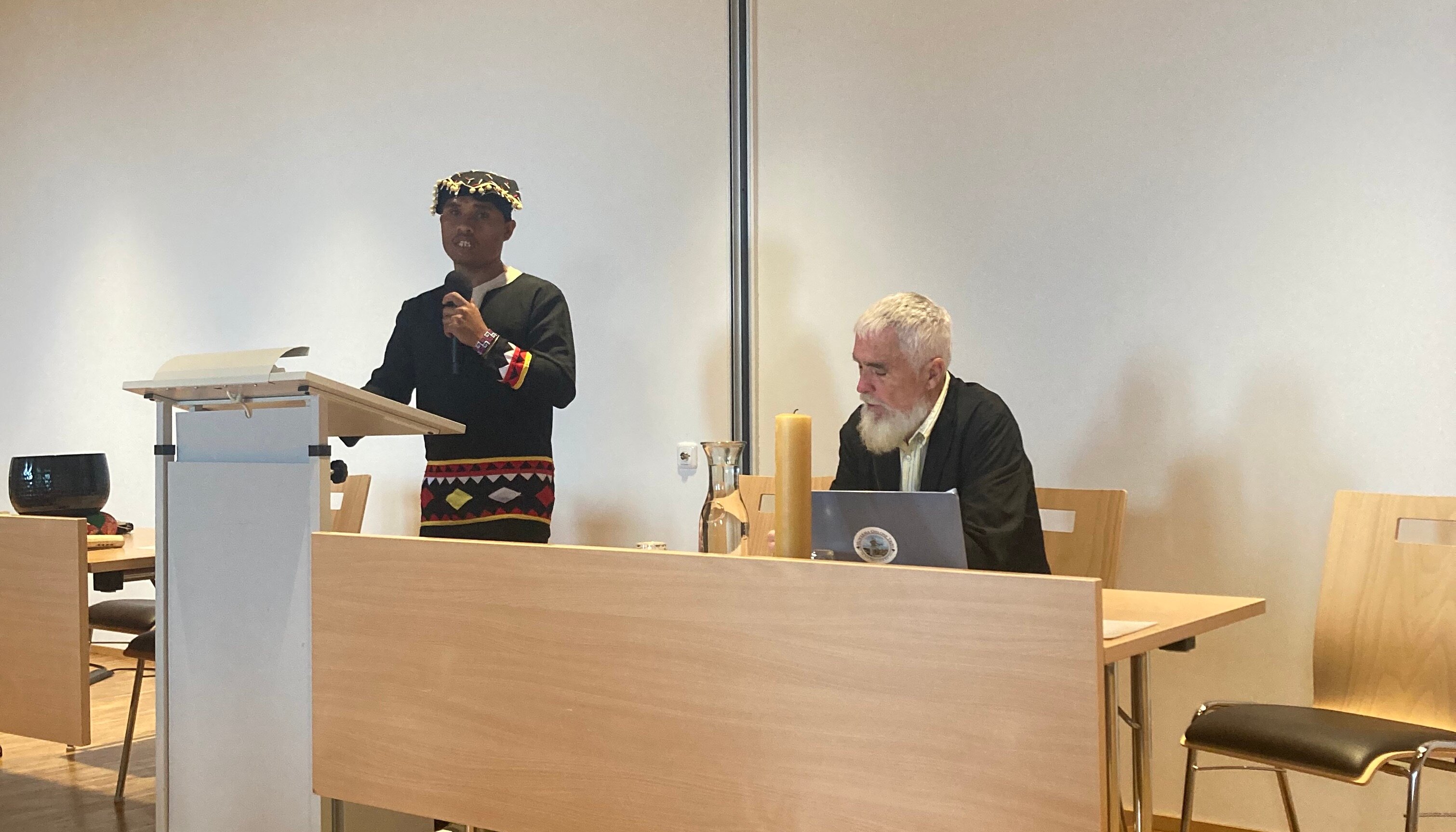Bridging education and environmental justice
The Environmental Justice Conference hosted by the Lassalle-Institut last August brought together a diverse group of scholars, researchers and practitioners to engage in discussions on how hope can be fostered in an era of climate change and social injustice. Jason, an Indigenous youth advocate from the Philippines and JWL student, shared his experience as a forest defender and what hope looks like for marginalised communities protecting their land.

The Environmental Justice Conference hosted by the Lassalle-Institut last August brought together a diverse group of scholars, researchers and practitioners from the fields of spirituality, education, and sustainability, to engage in insightful discussion around environmental justice and how hope can be fostered in an era of climate change and social injustice.
One of the conference’s key moments was the powerful testimony of Jason, an Indigenous youth advocate from the Philippines, who shared his experience as a forest defender and what hope looks like for marginalised communities protecting their land, underscoring the critical intersection of environmental justice and the fight for equitable access to resources and education. For Jason, hope and sustainability are not in the head but in the heart.
JWL was honoured to present its ongoing research, which highlights how higher education can be made accessible to learners in the most remote and underserved regions of the world. By integrating digital learning technologies, we are working to ensure that education becomes a source of hope and empowerment for marginalised communities. Our efforts, in collaboration with local partners, aim to build pathways that transform not only individual lives but also entire communities, fostering both education and environmental stewardship.
We look forward to continuing these essential conversations on how education and environmental justice can create a brighter, more sustainable future for all.